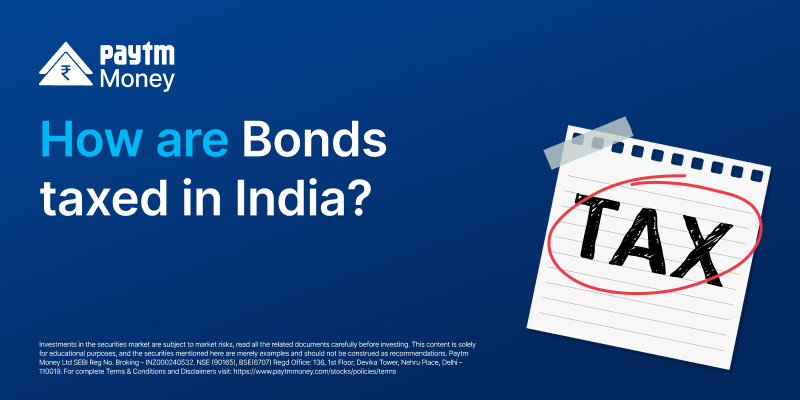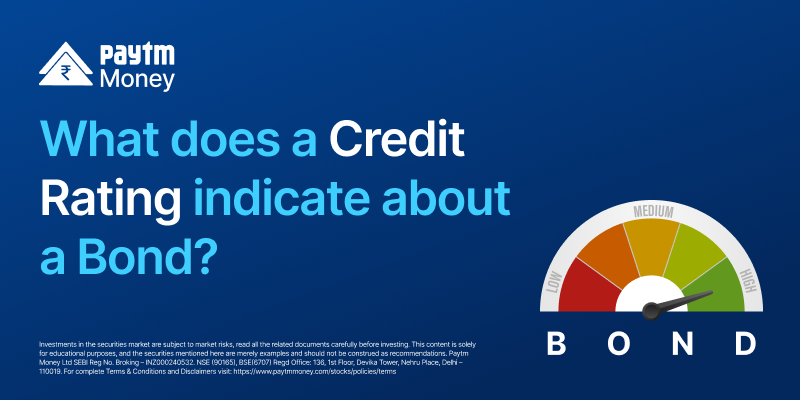How are Bonds taxed in India?3 min read
Are you looking for information on the taxation on bonds in India?
If yes, then you’ve come to the right place. In this article, we’ll give you a quick rundown on how bonds are taxed in India, including the different types of bonds and the tax implications of investing in them.
First, let’s talk about what a bond is. A bond is essentially a debt security issued by a company or the government to raise money from investors. When you buy a bond, you’re essentially lending money to the issuer in exchange for regular interest payments and the return of your initial investment, when the bond matures.
In India, there are different types of bonds that you can invest in, including government bonds, corporate bonds, and tax-free bonds. Each of these bonds has different tax implications, so it’s important to understand the tax rules before you invest.
1. Government Bonds
Government bonds are issued by the Indian government to raise money for various projects and initiatives. These bonds are considered to be very safe, as the government backs them. The interest earned on government bonds is taxable, and it is added to your income for the year. The tax rate that applies to the interest income will depend on your income bracket.
2. Corporate Bonds
Corporate bonds are issued by companies to raise money for various business purposes. The interest earned on corporate bonds is also taxable, and it is added to your income for the year. The tax rate that applies to the interest income will depend on your income bracket. It’s worth noting that corporate bonds carry more risk than government bonds, as they are not backed by the government.
3. Tax-Free Bonds
Tax-free bonds are a type of bond that is issued by government-backed institutions, such as the National Highways Authority of India (NHAI) or the Indian Railway Finance Corporation (IRFC). The interest earned on tax-free bonds is tax-free, which makes them an attractive investment option for individuals in higher tax brackets. However, it’s important to note that tax-free bonds typically have lower interest rates than government or corporate bonds.
In addition to the above, there are some other important tax rules to keep in mind when investing in bonds in India. For example, if you sell a bond before it matures, you may be subject to capital gains tax. The tax rate that applies to capital gains will depend on how long you held the bond before selling it.
If you sell your bonds within a year of purchasing them, the gains will be treated as short-term capital gains and will be taxed at your income tax slab rate. If you sell your bonds after a year of holding them, the gains will be treated as long-term capital gains and will be taxed at a lower rate of 10%.
It’s also worth noting that if you hold your bonds in a demat account, you will not be subject to any stamp duty or STT when you buy or sell them.
In conclusion, bonds can be a great investment option for individuals looking for a steady source of income. However, taxation in India can get complex, and it’s important to understand the tax implications of investing in bonds in India before you make any investment decisions. By doing your research and consulting with a financial advisor, you can make informed decisions about your investments and minimize your tax liabilities.
Below is an illustration to help you understand the taxation for bonds in India.




